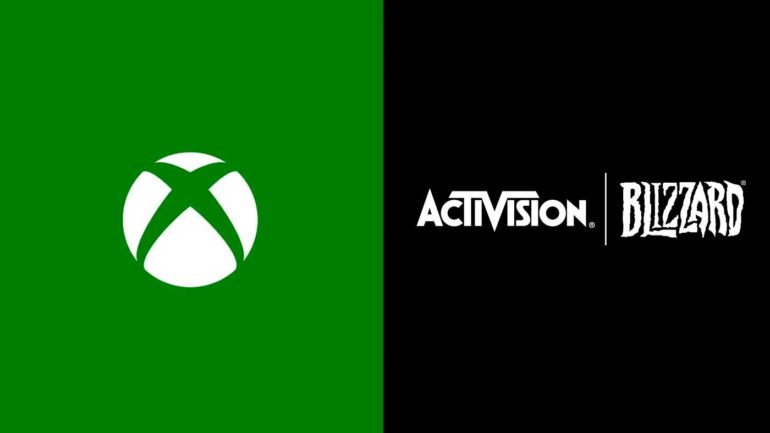Update: The FTC’s request for an temporary restraining order has been granted, with a hearing scheduled for June 22nd and 23rd in a Californian court.
VGC was given the following statement from a Microsoft representative:
“Accelerating the legal process in the U.S will ultimately bring more choice and competition to the gaming market. A temporary restraining order makes sense until we can receive a decision from the Court, which is moving swiftly.”
In another development around Microsoft’s campaign to acquire Activision Blizzard to the tune of $69 billion USD, the FTC is reportedly set to file an injunction today to block the deal.
Reuters reports the move based on sources close to the matter, which would see the US Federal Trade Commission take its case to the Northern District of California Court for a temporary order that could keep Microsoft and Activision Blizzard from finalising the acquisition while the FTC’s in-house court continues to discuss the deal.
[presto_player id=146140]
The FTC had previously sued in December of last year in an attempt to prevent the deal from happening, with the case set to go to court in August. The deadline for the merger to be finalised is July 18th, after which Microsoft could reportedly owe Activision Blizzard a $3 billion termination payout.
“We welcome the opportunity to present our case in federal court,” Microsoft President Brad Smith said in a response at the time. “We believe accelerating the legal process in the U.S will ultimately bring more choice and competition to the market.”
US FTC seeks to block Microsoft's acquisition of Activision -source https://t.co/LLd1tB4e58 pic.twitter.com/pb066iCSsU
— Reuters (@Reuters) June 12, 2023
This report comes after the merger was denied by the UK’s Competition and Markets Authority (CMA) in April, and then approved last month by the European Commission.
In its report last month, the UK’s CMA had cited the following as its concerns over the acquisition as it stood:
- It did not sufficiently cover different cloud gaming service business models, including multigame subscription services.
- It was not sufficiently open to providers who might wish to offer versions of games on PC operating systems other than Windows.
- It would standardise the terms and conditions on which games are available, as opposed to them being determined by the dynamism and creativity of competition in the market, as would be expected in the absence of the merger.



